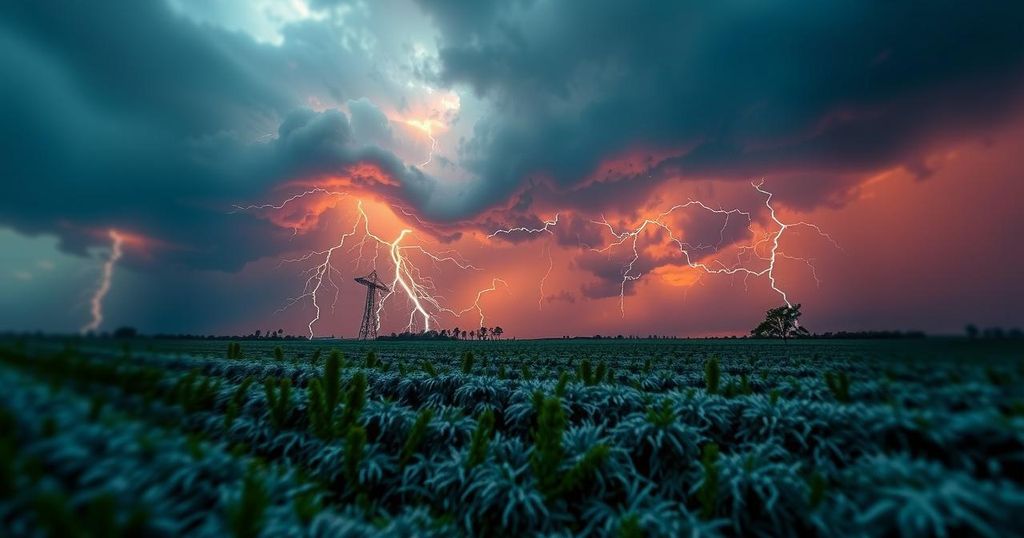Climate Change Amplifies Extreme Weather Fatalities: New Analysis Reveals Causal Link

A new analysis reveals that climate change has intensified the ten deadliest extreme weather events over the past 20 years, leading to over 570,000 deaths across Europe, Africa, and Asia. Conducted by scientists from the World Weather Attribution group, the study emphasizes the urgent need for political leaders to reconsider fossil fuel reliance to mitigate further suffering.
A recent analysis highlights that human-induced climate change has exacerbated the severity and frequency of the ten deadliest extreme weather events recorded in the past two decades. This investigation, conducted by the World Weather Attribution (WWA) team at Imperial College London, indicates that catastrophic storms, heatwaves, and floods across Europe, Africa, and Asia have collectively resulted in over 570,000 fatalities. Dr. Friederike Otto, a co-founder and lead of WWA, stated that this study serves as a critical alert for political leaders who continue to rely on fossil fuels that contribute to global warming and endanger lives. “If we keep burning oil, gas and coal, the suffering will continue,” she emphasized. The researchers meticulously reviewed data from the most detrimental weather events listed in the International Disaster Database since 2004, coinciding with the initiation of studies linking climate change to extreme weather phenomena. The analysis identified the drought in Somalia during 2011 as the deadliest incident, attributing more than 250,000 deaths to climate-related low rainfall, which was intensified by global warming. Other significant events include a heatwave in France in 2015 that claimed over 3,000 lives and was shown to be twice as likely due to climate change, as well as the European heatwaves in 2022 and 2023 that resulted in 53,000 and 37,000 deaths respectively. Additionally, tropical cyclones in Bangladesh, Myanmar, and the Philippines, as well as floods in India, were also found to be more probable and severe as a consequence of climate change. Notably, the researchers caution that the actual death toll from these events may be considerably underestimated, especially in developing countries where heat-related fatalities often go unrecorded. Dr. Otto and Dutch climatologist Geert Jan van Oldenborgh pioneered the method to establish the connection between climate change and specific weather events, utilizing precise simulations to evaluate the likelihood of these occurrences in both current and pre-industrial conditions. These methods underscore the increased risk associated with the 1.2°C rise in global temperatures since the industrial era. Roop Singh from the Red Cross Red Crescent Climate Centre emphasized the importance of enhancing preparedness for climate change impacts, noting that every increase in temperature could lead to more extreme weather events, no matter the level of readiness in affected countries.
The report conducted by scientists from the World Weather Attribution (WWA) group addresses the correlation between climate change and extreme weather events. Previous studies had laid the groundwork for establishing connections between rising global temperatures and increasingly severe weather phenomena. By exploring historical weather data, researchers have identified patterns that allow them to ascertain the effects of climate change on specific catastrophic events that have resulted in extensive loss of life and property.
In conclusion, the analysis presents compelling evidence that climate change is not merely a future threat but a present reality, exacerbating the intensity and likelihood of extreme weather events. It calls for urgent attention from political leaders and necessitates the implementation of strategies to enhance resilience against the impacts of climate change to avert further loss of life and suffering.
Original Source: www.bbc.com






